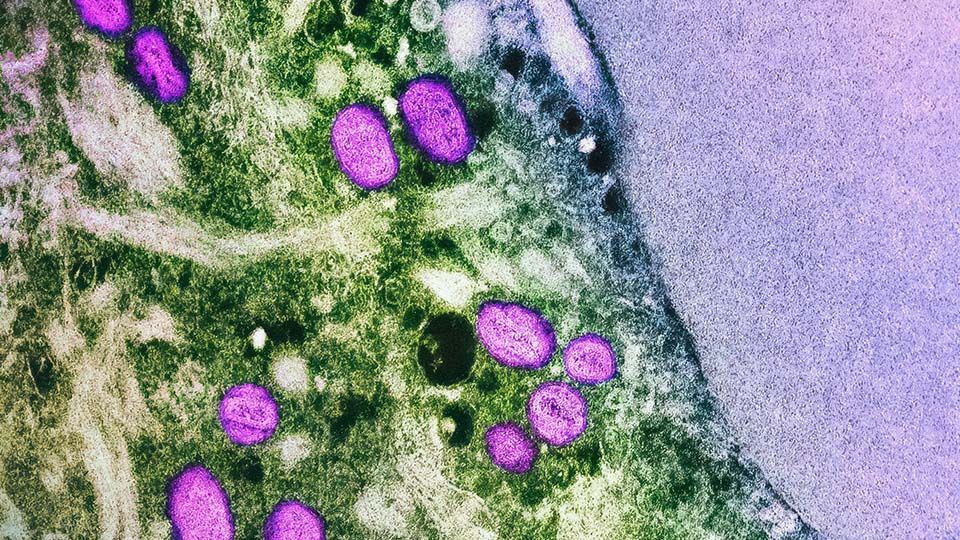September 30, 2024
SEOUL – A man showing symptoms of mpox was denied tests for 10 hours, with multiple medical institutions refusing to admit him for testing, local media reported Saturday.
According to reports, the patient was receiving treatment for fever and difficulty breathing at a hospital in South Jeolla Province on Sept. 17, when blisters appeared on his hands and feet. Suspecting the blisters to be a symptom of mpox, medical workers at the hospital recommended he get tested for the virus immediately.
The man then drove to a university-run hospital in South Gyeongsang Province close to his home, but was turned away due to the lack of staff.
The 119 emergency hotline and local community health center also told him that they could not give provide any practical help, and instead offered him phone numbers of hospitals he call himself to ask if they offer the test.
Samples for mpox tests can be taken only by some hospitals with an infectious disease control department, according to Korea Disease Control and Prevention Agency guidelines.
He was turned away at yet another hospital recommended by the community health center, as that hospital said it was closing for the day, the patient said in an interview with local media.
He was finally able to get tested at a community health center around 10 hours after he was first instructed to be tested for mpox. According to reports, the final health center made an exception in accepting his sample, as the man had been kept waiting for an unusually long period of time.
The man tested negative for mpox in the test done by Gyeongnam Institute of Health and Environment the next day.
He criticized the health authorities, saying that he had been left for 10 hours with the anxiety that he could potentially transmit the disease. Neither the KDCA nor South Gyeongsang Province’s Disease Control Department gave him any practical help, but just told him to call around to hospitals himself, the man said.
A KDCA official said in an interview with a local broadcaster that medical institutions outside the Greater Seoul area have shown “reluctance” in dealing with the mpox as mpox cases in Korea have mostly been concentrated in the capital region.
The current ongoing mpox outbreak across the world triggered the World Health Organization to declare it a public health emergency of international concern in August.
But Korea’s control over the disease has become more lax since January, offering fewer locations where people with suspected cases of mpox can get tested and lifting the mandatory quarantine as it saw a decrease in cases in the country: from 151 in 2023 to 13 in 2024 as of August.


